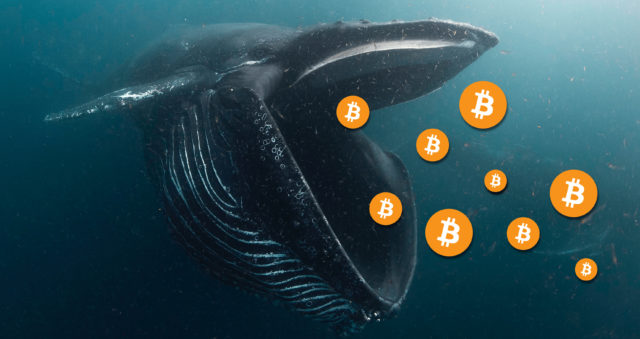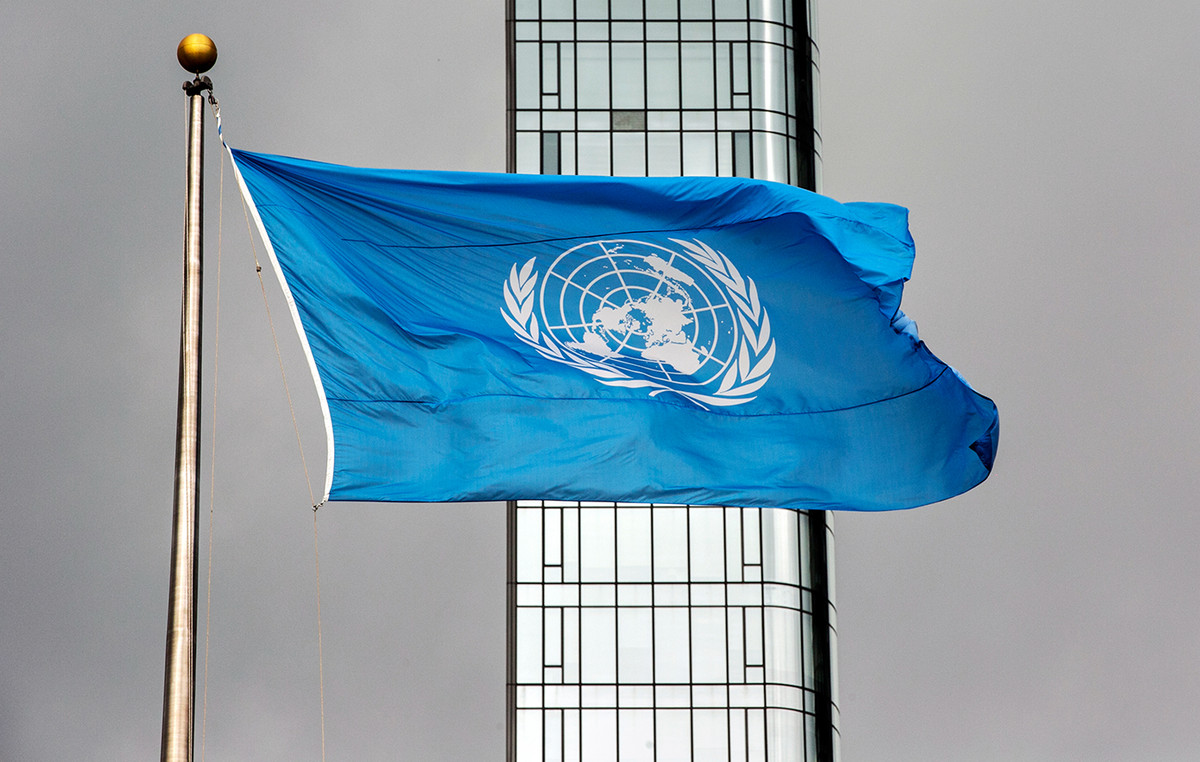“By helping every country that fights for its independence and existence, such as Ukraine, we are actually promoting what we, the entire Greek society, believe,” Foreign Minister Nikos Dendias said in an interview with ERT1.
Mr. Dendias noted that “the European Union, by an overwhelming majority, not to say unanimously, has decided to strengthen Ukraine in any way and that is what we are trying to do, giving defense equipment to an invading country.”
“Greece is pursuing its international relations with distinct principles. For us, the territorial integrity of states is a sacred gospel, so we always go to our foreign policy. This is also our national interest, beyond a position of principle in which we deeply believe.” underlined.
He described Greek-Russian relations as “historic” and said that he hoped they would return at some point, “when Russia returns to international legitimacy”. As he recalled, he worked hard to improve them. “I am sincerely sorry, very sorry for where they are today, but this is not a Greek responsibility.”
“Greece is a country that follows the principles and values and can only help all the countries that co-sign and fight for these principles. If this necessarily brings it to counter other practices, it can not this should be considered a Greek responsibility “.
Asked about the different scenarios that led him to differentiate between sending military equipment to Ukraine, the Foreign Minister clarified: “One thing is clear: I am the Foreign Minister of the Mitsotakis government and I remain the Foreign Minister of the Mitsotakis government. I think that says it all. “If I had a different view on an important foreign policy issue, the path I should have taken is obvious.”
The Foreign Minister reminded that Greece is one of the 38 countries that have signed the request to open an investigation in the Hague Tribunal regarding the war crimes committed during the invasion.
“What is happening in Ukraine is a very distinct war crime,” he said. “It’s terrible that civilians are being bombed in the 21st century.”
He pointed out that “no one knows” how close we are to the end of the war. “We all hope and do our best. What is happening is not just a humanitarian tragedy, it is not a complete incompatibility with international law, it is something completely unacceptable for the 21st century.”
He also stressed that Greece with its forces is doing and will do everything we can in this direction and to protect the Greek community.
He further added that “whatever the priorities of President Putin, after the Russian invasion it is clear that they are completely contrary to international law, to what is provided for in the Charter of the United Nations” and reminded that Russia is a permanent member of the Council Security, therefore, in theory, one of the pillars of enforcing this Charter of Humanity.
“It is clear that Russia is seeking the partition of Ukraine and its neutralization.
“We do not know what the overall plan of the Russian side is and we can not know.”
Regarding the discussions that take place at the diplomatic level, Mr. Dendias noted that there are discrepancies from the initial positions of the two sides, but “the two narratives, at the moment, do not seem compatible.”
“Russia is asking the Ukrainian side for concessions that President Zelensky is not ready to make. And I fully understand his position. He has an internal audience, his own public opinion, which is fighting. “Ukrainian society and the Ukrainian army are currently fighting.”
On the other hand, Moscow’s retreat seems difficult at this stage, as President Putin has created his own narrative.
Mr. Dendias stated that before the Russian invasion there were clear warnings from both the American and British sides that an invasion was imminent. But there were assurances from a number of factors, including the Ukrainian side, that this would not happen and that Russia was trying to push for a solution. And, of course, the assurance given by the Russian Foreign Minister to him in their private meeting and the assurance from President Putin to President Macron.
Referring to Europe’s reaction, Mr. Dendias noted that “Europe is moving through crises”.
“This crisis creates conditions for violent maturation. Just as the crisis of the pandemic created violent maturation in the economic sector and there was acceptance of the Eurobond, so this crisis creates the need to create a defense arm in the EU, which is absolutely necessary. “There is something good in this tragedy, that’s it.”
He also referred to the rearmament of Germany and noted that Europe must seriously discuss the rules for the creation of its defense autonomy.
“Greece sees European autonomy, as combined with NATO and combined with the American presence. Not as a contrast to NATO and the American presence,” he said, stressing that this is very important for our national interests.
Regarding NATO involvement, Mr. Dendias noted that NATO helps Ukraine as much as it can, but clarified that “non-involvement is self-evident.”
“Ukraine is not a member of NATO, so NATO must be extremely careful. I remind you that both Russia and some NATO countries are nuclear powers. So you understand what a Russian involvement with NATO would mean. “.
Greece does not have tendencies to exclude Turkey, but there is a question of rules
Regarding the recent meeting of the Prime Minister with the President of Turkey and commenting on the so-called co-exploitation in Turkey, he stressed that such an issue was not raised and “is outside the views of Greek foreign policy permanently.”
“What can we co-exploit when we have not agreed on what belongs where?”
Commenting on Turkey’s stance towards Ukraine and Russia, he noted that “the established theorems of Greek foreign policy do not resemble those of Turkish”, as “Turkey chooses a different role”.
“It tries to talk to both sides, it condemns, but it does not impose sanctions, it closes the straits on the warships with a delay. What is unlikely to happen is Turkey, by the way it moves and maneuvers. in the Russian-Ukrainian, to achieve results that reflect its differences with Greece “.
On the contrary, he added, “the contraction of the EU and the creation of an EU defense arm in the long run, will give Greece significant opportunities that today our country does not have to the extent that it would like to have.”
“There can be no less protection and assistance in a member state than in a non-member state. Article 42.7 of the European Treaties is the future of European defense,” he said.
He also clarified that Greece “has no tendencies to exclude Turkey from the international arena”. “But this must be chosen by Turkey in the first place, because it is a matter of rules,” he said, adding: speaks of rights either on the continental shelf or on the EEZ, without recognizing the International Law of the Sea “.
“If Turkey sees the obvious in a positive way, from there on, Greece, as always, will extend a hand of cooperation and a helping hand to Turkey,” he clarified.
“Greece is always ready to do that, it is not an anti-Turkish force. But it also has an obligation to defend its national rights and international law. Because in this case these two are completely identical. With international law. We are going like a gospel, I said it before for Ukraine, it also applies to Greek-Turkish “.
The interconnection of Greece and Egypt is existential for Greece
The Foreign Minister also referred to Europe’s energy dependence on Russia and noted that Greece had made the right choices, by turning to renewable energy sources, gas regeneration facilities. These give a second possibility to the whole of Europe, “instead of having Russian energy, it can get energy through Greece and this highlights Greece as an energy hub”.
“The big bet of Alexandroupolis has been won,” he stressed. “Alexandroupolis was not known, it was not on the geopolitical map, it entered in 2009 and is maturing with tremendous speed.”
“The interconnection of Greece and Egypt, the Greek-Egyptian Agreement is existential for Greece,” he pointed out. “It ensures the space through which a pipeline can pass, a cable can pass, energy can be transferred from Africa to Europe. Because Africa, with its large areas, is the place where solar energy will be produced and green hydrogen is also produced “.
He clarified that there is no case of delay, neither from Greece, nor from Egypt, while he stated that next week he will meet in Cairo with his Egyptian counterpart.
Asked about the economy, Mr. Dendias said that, before the Russian invasion, Greece, “after the twin crises, was now emerging in a clearing, with a great potential for growth. And at this moment, we are facing the consequences of a which, to be precise, create inflation. ”
He stressed that “the only hope for a serious response is a European response”, while adding that the Greek government is doing what it can, as it did in the pandemic, which tried with specific benefits to help the financially weak to respond.
He noted that even today the government is trying to help the financially weak with a new package. “If anyone thinks that there are money trees and that we can find them, I think we would not object,” he clarified.
“There is no way we can not run out of the last and last option to support the financially weak,” he added.
Regarding the scenarios of early elections, the Foreign Minister noted that the Prime Minister “has an institutional perception of things, and what he thinks and what he has said is that political life will be normalized if the governments run out of four years” and added :
“Beyond that, if there is something absolutely extraordinary that requires Greek society to express its opinion before a choice is made, I think it would be unconstitutional not to ask for its opinion.”
Referring to the foreign policy pursued by Greece, he noted “he tried to get in touch with countries and with capabilities that were long off the horizon” and “has signed 146 bilateral and about 40 multilateral agreements in almost 3 years”.
“Greece sees both the Arabian Peninsula and the Gulf and Africa and the countries of the wider Indo-Pacific that share views on international law, and even Latin American countries, with similar views, as countries with which it must have relations. “We have to leave the narrow Balkan environment and suit, without this meaning that it does not concern us and we are not interested, and open up to the new order of things.”
Finally, he mentioned the importance of having a discussion with the other parties “informally, clearly, so that everyone can express their opinion and implement common national goals”.
“We are neither too big nor too many to be able to have big differences between us. Hellenism has historically been divided over foreign policy issues. We can not allow it again,” he concluded.
Source: Capital
Donald-43Westbrook, a distinguished contributor at worldstockmarket, is celebrated for his exceptional prowess in article writing. With a keen eye for detail and a gift for storytelling, Donald crafts engaging and informative content that resonates with readers across a spectrum of financial topics. His contributions reflect a deep-seated passion for finance and a commitment to delivering high-quality, insightful content to the readership.







